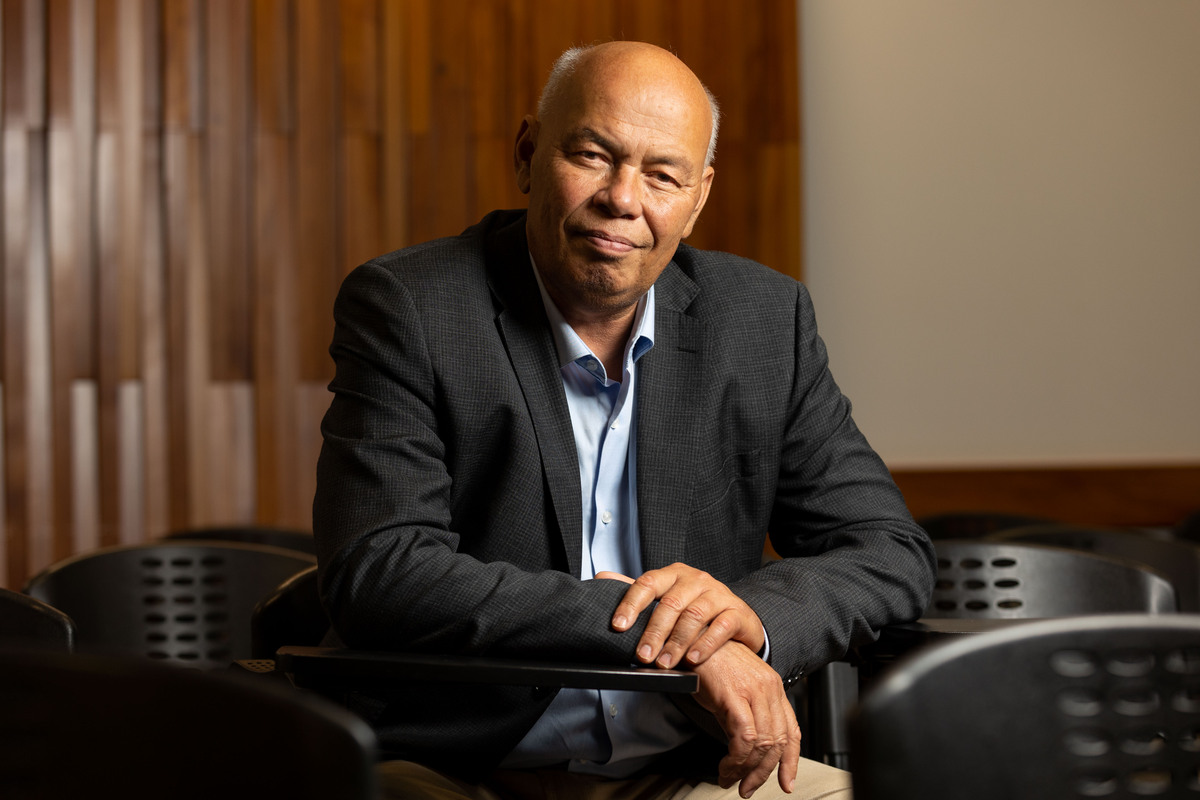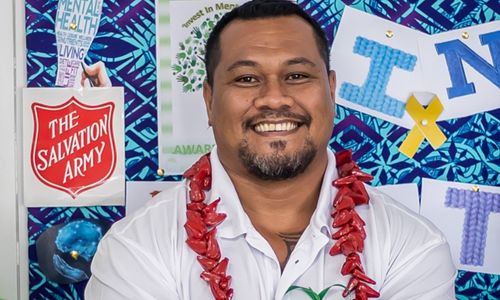The Pacific Mental Health Surveys project is funded by the Polynesian Health Corridors programme established by the Ministry of Foreign Affairs and Trade in conjunction with the Ministry of Health. The National Institute for Health Innovation (NIHI) is providing project management and data management support.
“Pacific people have managed their wellbeing and mental health on their own or with the help of their family, churches or the village,” said Sir Collin Tukuitonga of Waipapa Taumata Rau, University of Auckland. “However, for many years, those of us who work in health have recognised that we don’t know well enough the extent and nature of mental health disorders around the region. We are working to change that.”

